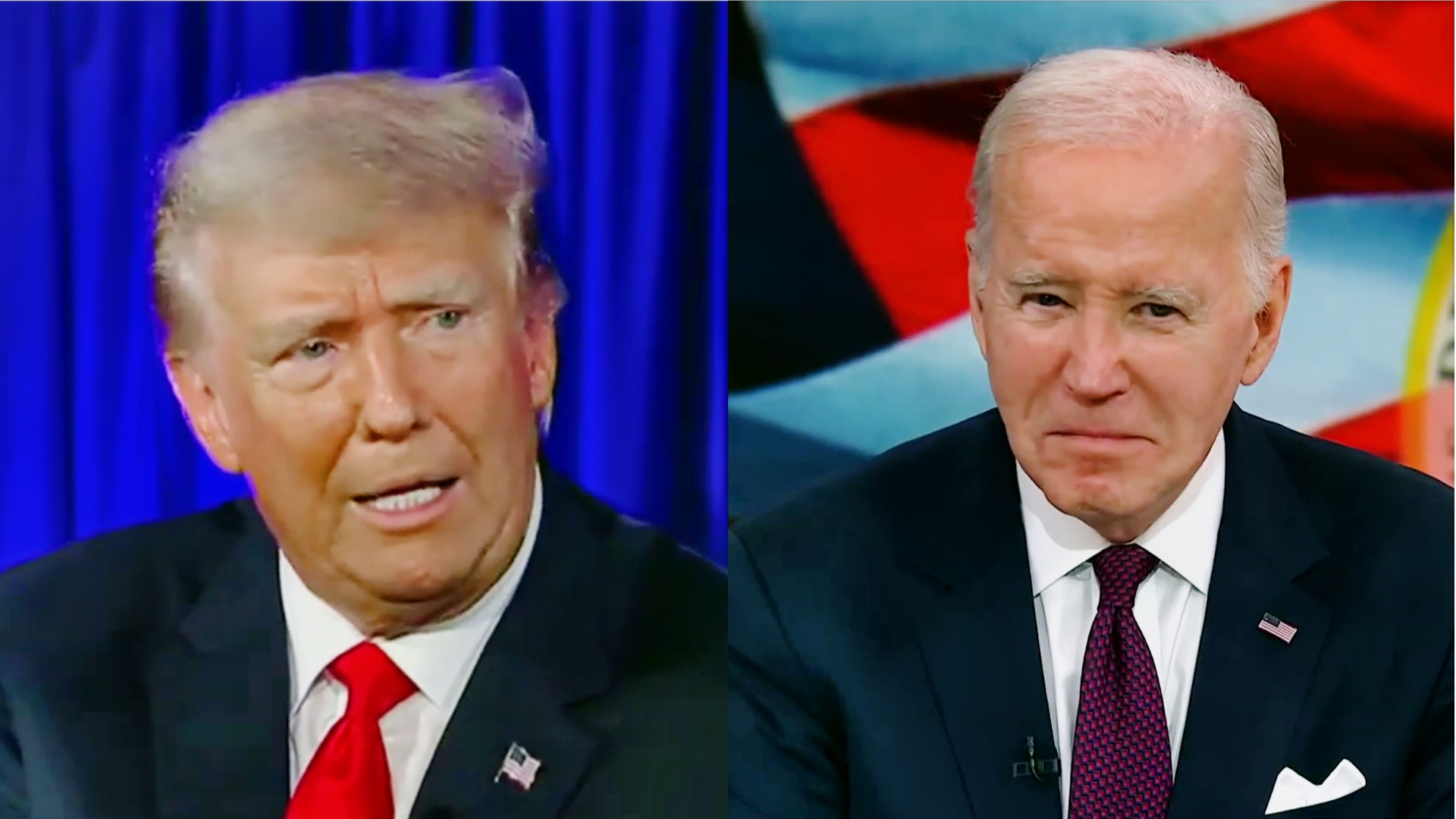Heartland Institute and Rasmussen Reports found one-in-five voters who cast mail-in ballots during the 2020 presidential election admit to participating in at least one kind of voter fraud.
When asked, “During the 2020 election, did you fill out a ballot, in part or in full, on behalf of a friend or family member, such as a spouse or child?”, 21% of respondents who said they voted by mail answered “yes.” (Filling out a ballot for someone else is illegal in all states, although many states allow people to assist others with voting.)
Additionally, 17% of mail-in voters said they voted “in a state where you were no longer a permanent resident.” Seventeen percent of mail-in voters also admitted to signing a “ballot or ballot envelope on behalf of a friend or family member.” (Both voting in a state where you are no longer a permanent resident and forging a signature on a ballot or ballot envelope are fraudulent activities that invalidate votes, when caught by election officials.)
According to election data, more than
43 percent of 2020 voters cast ballots by mail, the highest percentage in U.S. history.
Further, 10% of all respondents — not just those who said they voted by mail — claimed that they know “a friend, family member, co-worker, or other acquaintance who has admitted … that he or she cast a mail-in ballot in 2020 in a state other than his or her state of permanent residence.”
Eight percent of all respondents said “a friend, family member, or organization, such as a political party” offered them “pay” or a “reward” for agreeing to vote in the 2020 election.
Taken together, the results of these survey questions appear to show that voter fraud was widespread in the 2020 election, especially among those who cast mail-in ballots.
The poll of 1,085 likely voters was conducted from November 30 to December 6, 2023. Among those surveyed in the poll, 33% were Republicans, 36% were Democrats, and 31% were “other”; 32% were 18-39 years old, 46% were 40-64 years old, and 22% were 65 or older.



 Can anyone show a precedent for such malfeasance?
Can anyone show a precedent for such malfeasance?
